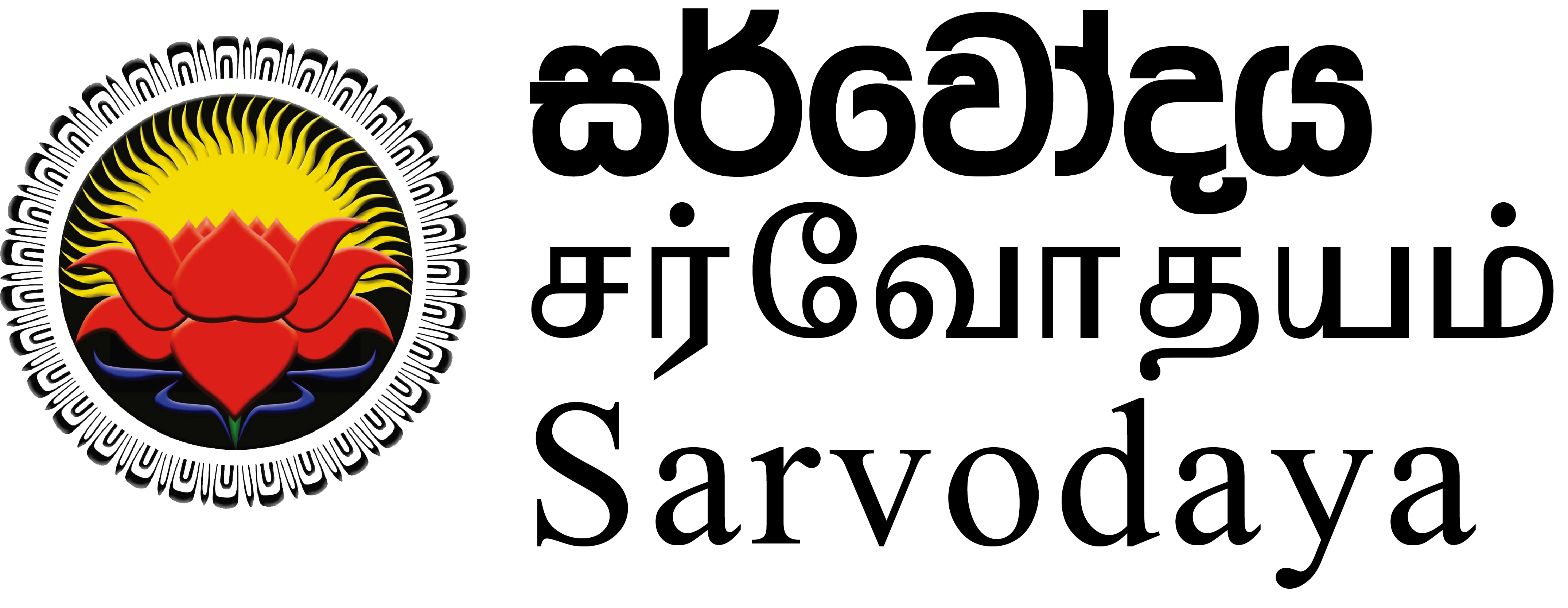A medical camp was held on Saturday 19th February, in Wellaweediya fishing village, Negombo City, Gampaha district. This is a predominantly Tamil village where many of the people we met follow the Christian faith.
The camp was run jointly by two organizations – Sarvodaya and the Suriya Foundation working in partnership to help victims of the tsunami. The camp was set up by the Sarvodaya Gampaha district coordinator and volunteer doctors were supplied by the Suriya Foundation.
The Suriya Foundation is a voluntary organization which provides free medical assistance to the needy all over Sri Lanka. It was founded nine years ago by the Hon. Karu Jayasuriya, MP. His wife and Suriya Chairperson, Dr Vasantha Jayasuriya, coordinated the running of the camp while working alongside other doctors throughout the day.
Although there had been relatively few deaths from the tsunami in Gampaha district many people from coastal fishing villages in this region have lost their homes and livelihoods. Many are in need of free ongoing medical aid. This region has not been targeted by the myriad of international NGOs present in the country as the devastation and perceived need is not as severe as elsewhere. Fortunately Sarvodaya workers are active in these communities and were able to identify the need for medical help. A request was made that the Suriya Foundation organise a camp at this location, and one was rapidly set up.
Prayers were given in short Christian and Buddhist ceremonies before we started seeing patients. I was then set to work seeing patients alongside 12 other doctors. Luckily a nun kindly offered to act as my interpreter or else communication barriers would have been too great. I saw a lot of similar cases as at the Sarvodaya camp I had volunteered at the week before. The main diseases we treated were acute respiratory infections. This can be attributed to the fact that people are living in cramped conditions, sharing houses with extended family and some still in tented refugee camps. These conditions often lead to infectious diseases spreading like wildfire. Luckily, once again we encountered no cases of diarrhoea. Chronic conditions such as high blood pressure and diabetes were seen commonly in the camp, as well as arthritis, muscle sprains and a variety of skin infections.
It was an extremely busy, yet hugely rewarding day, with nearly 800 patients seen by the doctors. The queue was endless at times, people arriving faster than we could cope with. They all waited patiently in turn, sheltering under umbrellas from the blazing sun, peering curiously over the wall to see what was going on inside. We worked tirelessly from morning to late afternoon to see as many people as we could, providing free medicines, vitamins and referrals to the local government hospital for conditions that we could not deal with at the time.
One thing that struck me was that I rarely heard the word “tsunami” in this camp. People here appeared to be bravely struggling on with their lives, trying to put the terrible ordeal behind them. I hope that by providing some basic medical care and showing that they have not been forgotten, we will have helped in some small way.
